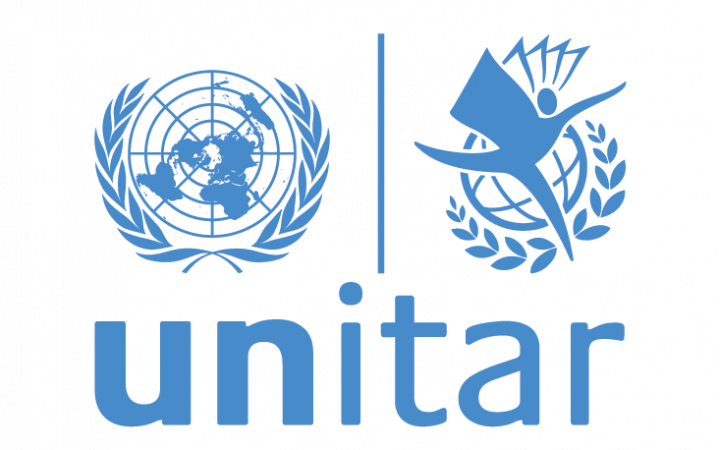3. Youth Entrepreneurship: Leadership Skills Lessons
The full course includes
- Lesson 1- Communication
- Lesson 2- Leadership
- Lesson 3 - Efficiency
- Youth Entrepreneurship: Summary and Quiz
Follow the interactions on each screen or click the arrows to navigate between lesson slides.
Course author
UNITAR

The United Nations Institute for Training and Research (UNITAR) is a dedicated training arm of the United Nations system.
Mobile first training
Gamified experience
Course overview
This course contains the leadership skills essential for entrepreneurship, including: communication, leadership, efficiency.
The full course includes
- Lesson 1- Communication
- Lesson 2- Leadership
- Lesson 3 - Efficiency
- Youth Entrepreneurship: Summary and Quiz
Course Rating
d
x
e
Good
